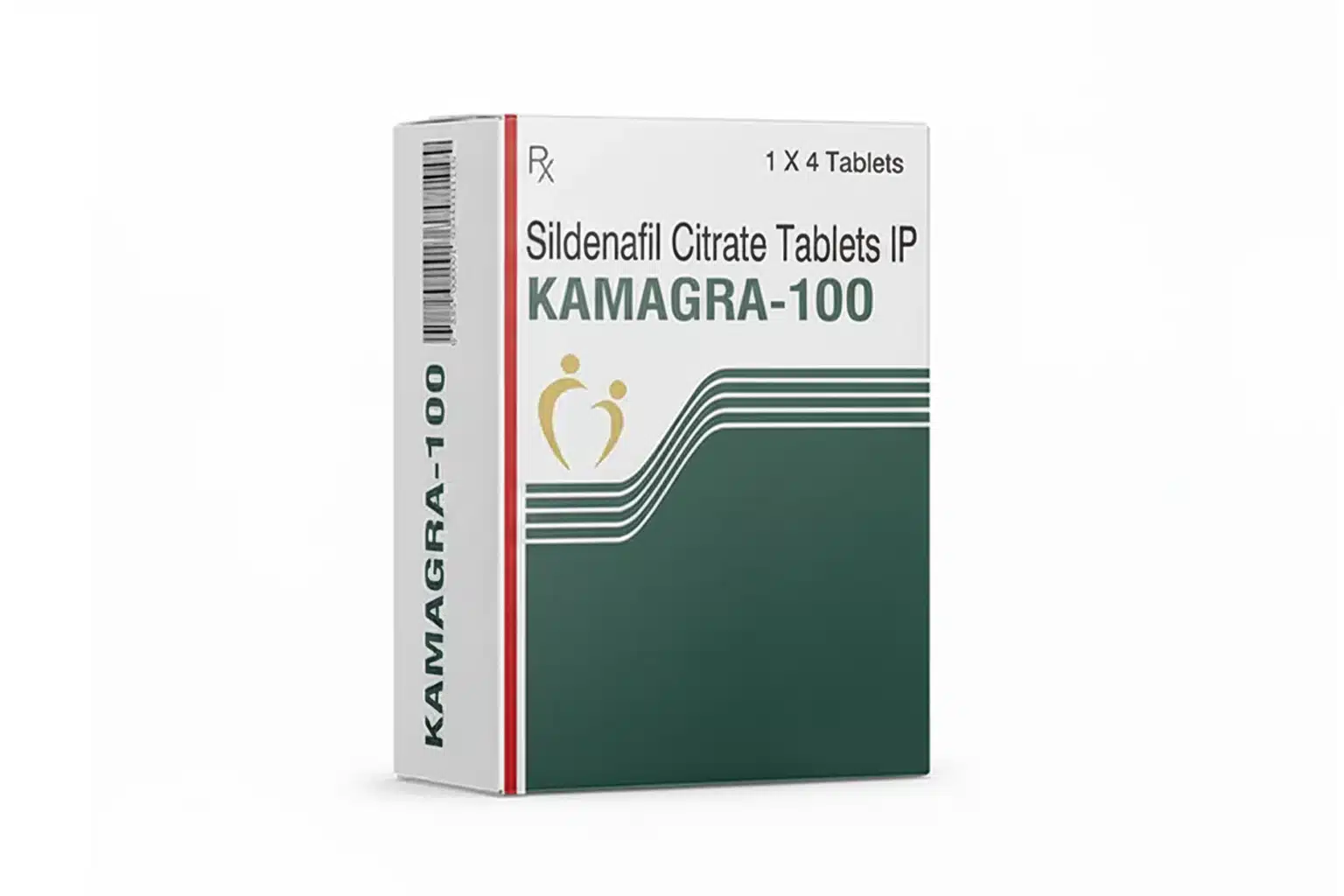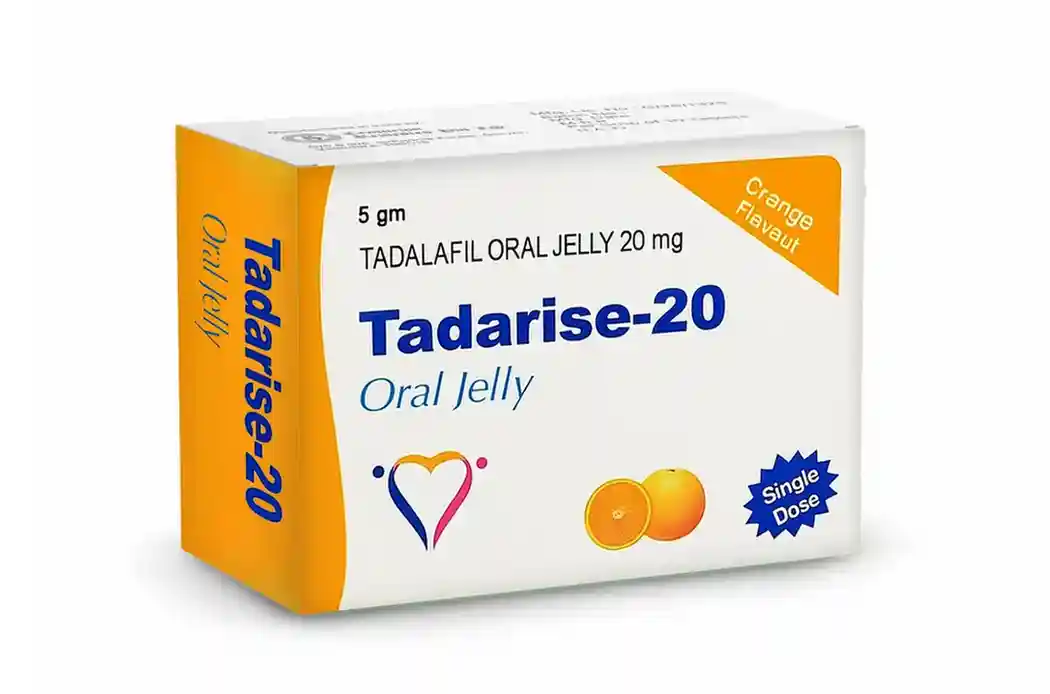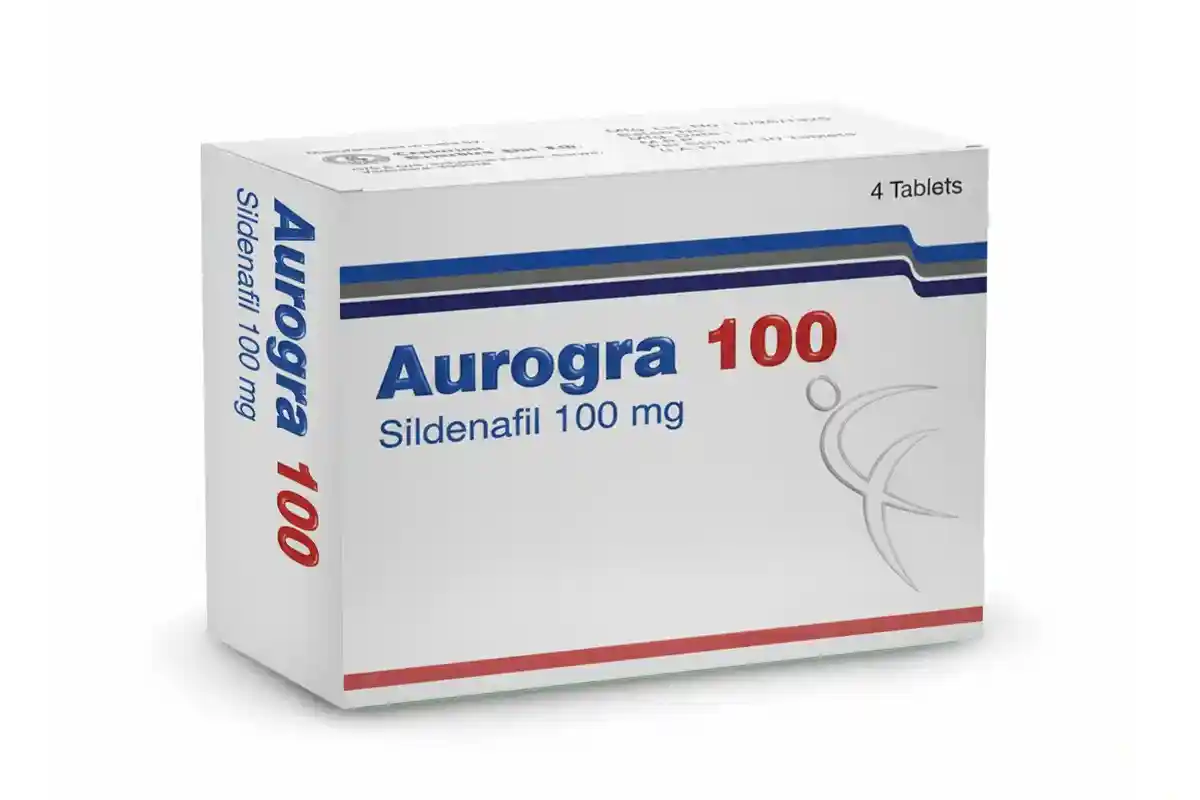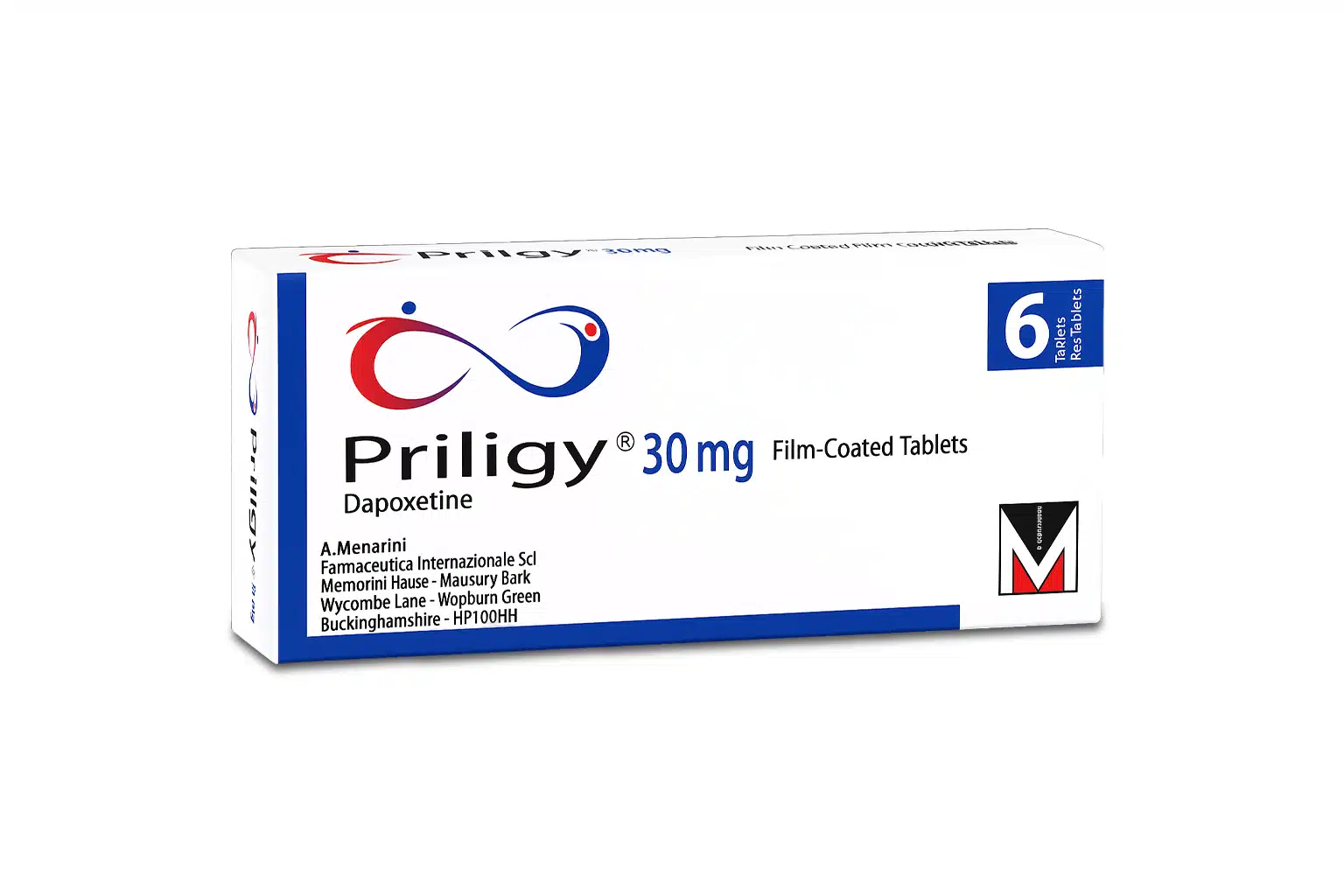Erectile dysfunction (ED) — the inability to get or keep an erection firm enough for sexual activity — is common and treatable. Even though ED can feel personal and embarrassing, it is one of the most important health issues a man can bring up with his doctor. A frank ED consultation with doctor can restore sexual function, improve mental health and relationships, and sometimes uncover serious underlying conditions that require urgent care. This article explains why you should see a clinician, what the doctor will ask and test for, common treatments, and practical tips for preparing for an appointment. It also answers the question when to see a doctor for ED and offers a clear FAQ and references.
Why bringing up ED with your physician matters
- ED is often a sign of other health problems.
Problems with erections often reflect vascular, neurologic, hormonal, or metabolic issues. Narrowing of blood vessels (atherosclerosis), diabetes, high blood pressure, high cholesterol, and certain neurological conditions can all impair blood flow or nerve signals needed for an erection. For some men, ED is the first noticeable sign of cardiovascular disease — in other words, a chance to prevent a heart attack. Talking to your doctor lets them screen for those underlying problems and treat them early.
- Effective and evidence-based treatments exist.
From lifestyle changes and oral medications (PDE5 inhibitors) to devices, injections, hormone therapy, and surgery, doctors have many options to tailor care to your situation. Without professional advice, men may try unreliable or dangerous remedies found online. An ED consultation with a doctor helps you get safe, effective, and legal treatment.
- ED affects mental and relationship health.
Loss of sexual function can cause anxiety, shame, and depression, and strain intimate relationships. A physician can link you with counseling, sex therapy, or couples therapy alongside medical treatments. Addressing mental health improves treatment outcomes.
- You may need testing to guide treatment.
Simple blood tests (glucose, lipids, testosterone), blood pressure checks, and sometimes specialized vascular or neurologic testing are used to determine causes and appropriate treatments. A doctor orders the right tests and interprets results in the context of your whole health.
When to see a doctor for ED (practical guidance)
Not all single episodes of poor erections mean you have ED. Occasional difficulty is normal. You should consider an appointment if:
- Problems are persistent (weeks to months) rather than a single isolated episode.
- Erectile issues are causing significant distress, anxiety, relationship problems, or avoidance of intimacy.
- You experience other concerning symptoms such as decreased libido, unexplained fatigue, weight changes, or urinary symptoms.
- You have known cardiovascular risk factors (smoking, diabetes, high blood pressure, high cholesterol) or a family history of heart disease. Because ED may precede heart disease, when to see a doctor for ED is often sooner than you might expect — many clinicians recommend evaluation as soon as the problem is persistent.
If you suddenly lose the ability to achieve erections after an injury or have acute testicular pain, seek urgent medical care.
What to expect during an ED consultation with a doctor
A visit for erectile difficulty usually follows a predictable path:
- Medical, sexual, and psychosocial history.
Your clinician will ask about the onset and pattern of the problem (gradual vs sudden), whether morning or nocturnal erections occur, sexual desire (libido), medications, alcohol and tobacco use, mental health, and relationship context. Some medicines — antidepressants, blood pressure drugs, and antihistamines — can cause or worsen ED.
- Physical exam.
A focused physical exam checks genital anatomy, testicular size, penile abnormalities, and signs of systemic illness (e.g., high blood pressure, vascular disease signs).
- Baseline investigations.
Common tests include fasting glucose/HbA1c, lipid profile, testosterone (morning measurement), and sometimes thyroid function or prolactin. Clinicians order tests selectively based on history and suspicion.
- Further testing if indicated.
If standard evaluation is inconclusive, vascular studies (penile Doppler), nocturnal penile tumescence testing, or neurologic testing may be performed. These specialized tests are usually not first-line and are reserved for complex or treatment-resistant cases.
- Shared decision-making about treatment.
Your doctor will discuss options and suggest a treatment plan that takes into account your preferences, health risks, and future fertility goals.
Best Seller
-
Cenforce 100 Mg
Best Seller$24.00 – $215.00Price range: $24.00 through $215.00Rated 4.50 out of 5Shop Now This product has multiple variants. The options may be chosen on the product page -
Vidalista 5 Mg
best sellers$18.00 – $182.00Price range: $18.00 through $182.00Rated 4.00 out of 5Shop Now This product has multiple variants. The options may be chosen on the product page -
Vidalista 40 Mg
Best Seller$28.00 – $276.00Price range: $28.00 through $276.00Rated 4.00 out of 5Shop Now This product has multiple variants. The options may be chosen on the product page -
Cenforce 200 Mg
best sellers$31.00 – $335.00Price range: $31.00 through $335.00Rated 4.00 out of 5Shop Now This product has multiple variants. The options may be chosen on the product page -
Cenforce Fm
best sellers$33.00 – $218.00Price range: $33.00 through $218.00Rated 4.00 out of 5Shop Now This product has multiple variants. The options may be chosen on the product page -
Kamagra 100 mg
best sellers$24.00 – $125.00Price range: $24.00 through $125.00Rated 5.00 out of 5Shop Now This product has multiple variants. The options may be chosen on the product page -
Fildena 100 mg
best sellers$24.00 – $244.00Price range: $24.00 through $244.00Rated 4.00 out of 5Shop Now This product has multiple variants. The options may be chosen on the product page -
Malegra Oral Jelly 100 Mg
best sellers$8.00 – $44.00Price range: $8.00 through $44.00Rated 5.00 out of 5Shop Now This product has multiple variants. The options may be chosen on the product page -
Super Kamagra Oral Jelly
best sellers$25.00 – $120.00Price range: $25.00 through $120.00Rated 4.00 out of 5Shop Now This product has multiple variants. The options may be chosen on the product page -
Tadarise Oral Jelly
best sellers$19.00 – $72.00Price range: $19.00 through $72.00Rated 4.00 out of 5Shop Now This product has multiple variants. The options may be chosen on the product page -
Careforce 200 Mg
best sellers$29.00 – $332.00Price range: $29.00 through $332.00Rated 5.00 out of 5Shop Now This product has multiple variants. The options may be chosen on the product page -
Stallegra 100 Mg
best sellers$88.00 – $224.00Price range: $88.00 through $224.00Rated 5.00 out of 5Shop Now This product has multiple variants. The options may be chosen on the product page -
Exclusive
Aurogra 100 Mg
best sellers$29.00 – $76.00Price range: $29.00 through $76.00Rated 4.00 out of 5Shop Now This product has multiple variants. The options may be chosen on the product page -
Priligy 30 mg
best sellers$22.00 – $156.00Price range: $22.00 through $156.00Rated 4.50 out of 5Shop Now This product has multiple variants. The options may be chosen on the product page
Common medical treatments and how they are chosen
- Oral medications (PDE5 inhibitors): Sildenafil (Viagra), tadalafil (Cialis), and similar drugs are effective for many men and are usually first-line when not contraindicated (for example, they must not be taken with nitrates). They enhance blood-flow signaling in penile tissue.
- Vacuum erection devices: A mechanical option that can be helpful when medications are ineffective or contraindicated.
- Intracavernosal injections and intraurethral suppositories: These deliver medication locally or into the urethra and can be very effective in carefully instructed patients.
- Hormone therapy: Testosterone replacement is appropriate only when tests show a true hormonal deficiency; it is not a universal fix for ED.
- Surgical options and implants: Penile prosthesis is considered when conservative measures fail; modern implants have high satisfaction rates but require surgery.
- Psychosexual therapy: When anxiety, depression, or relationship issues play a role, referral to a sex therapist or psychologist is often recommended alongside medical treatment.
Choosing among these options depends on cause, patient preference, comorbid conditions, and the clinician’s assessment.
Special considerations and safety
- Heart disease and ED: Because ED and cardiovascular disease often share the same causes, your doctor may evaluate your cardiac risk before starting treatment. PDE5 inhibitors are safe for most men but are contraindicated with nitrate medications; your physician will review your medication list carefully.
- Diabetes: Men with diabetes experience higher rates of ED; management includes optimizing blood sugar control alongside ED-specific therapies.
- Medications: Discuss all current prescriptions and supplements. Some over-the-counter antihistamines and other common drugs can affect sexual function. A physician can adjust offending medications when possible.
- Fertility: Some ED treatments, especially testosterone replacement, can affect sperm production. If you hope to father children, discuss fertility-preserving options with your physician.
How to prepare for an ED consultation with a doctor
- Write down symptoms and dates. Note when problems began, frequency, whether there are morning erections, and how the condition affects you emotionally and in relationships.
- List medications and supplements. Include doses and start dates — many contribute to sexual side effects.
- Record relevant health history. Include diabetes, heart disease, surgeries, spinal or pelvic injuries, and mood disorders.
- Consider bringing your partner (if comfortable). A partner’s perspective can help the clinician understand relationship dynamics and treatment goals.
- Prepare questions. Examples include: “What tests do I need?” “What options are safe for my heart condition?” and “Will treatment affect my fertility?”
A little preparation makes the visit more efficient and productive
Common barriers to seeking help, and how to overcome them
- Embarrassment or shame. ED is common and medically treatable; clinicians are trained to discuss sexual health confidentially and nonjudgmentally.
- Misconceptions about masculinity. Remember that seeking medical help is a sign of strength and responsibility, not weakness.
- Fear of heavy tests or medication. A good clinician will tailor tests and suggest the least intrusive, effective treatment first.
If anxiety about the appointment is a barrier, consider an initial telemedicine visit or asking for a clinician with experience in sexual medicine.
Outcomes: what improvement looks like
Many men experience meaningful improvement in sexual function and quality of life with appropriate evaluation and treatment. Medication response is often noticed within weeks for PDE5 inhibitors; other treatments may take longer to show benefits. Success also includes improved confidence, better relationship satisfaction, and reduced anxiety. Ongoing follow-up ensures the treatment remains safe and effective.
Final thoughts
Erectile dysfunction is common, often treatable, and sometimes a signal of other important health problems. The benefits of an ED consultation with a doctor go far beyond restoring erections: they include better overall health, improved mood and relationships, and prevention of more serious disease. If you’re wondering when to see a doctor for ED, the answer is simple: sooner rather than later when the problem is persistent or causing distress. A prompt, honest conversation with a clinician is the first step toward effective, safe, and individualized care.
Frequently Asked Questions (FAQ)
1Q: I’m in my 40s. Is ED normal?
A: Some decline in erectile function is more common with age, but persistent ED is not “normal” and should be evaluated. ED can be an early sign of other health problems, so when to see a doctor for ED is often as soon as the problem persists.
2Q: Will my doctor judge me?
A: No. Healthcare professionals frequently treat ED and approach it as a medical issue. Honesty helps them choose safe and effective care.
3Q: Can online pharmacies help without a doctor?
A: Avoid bypassing medical evaluation. Purchasing ED medicines without a prescription can be unsafe. An ED consultation with a doctor ensures appropriate testing and avoids dangerous interactions (e.g., with nitrates).
4Q: How long does the evaluation take?
A: Basic evaluation (history, exam, blood tests) can be done in one or two visits; specialized testing may take longer if needed. Treatment decisions are usually made after initial tests.
5Q: What if I’m worried about fertility?
A: Tell your doctor that several ED treatments affect sperm. Alternative treatments or fertility-preserving strategies are available.
References
- American Urological Association — Erectile Dysfunction Guideline (AUA). AUA
- NHS — Erectile dysfunction (impotence). nhs.uk
- EAU (European Association of Urology) / recent management guidelines and reviews on ED. Uroweb
StatPearls / NCBI Bookshelf — Erectile Dysfunction overview (2024). NCBI















